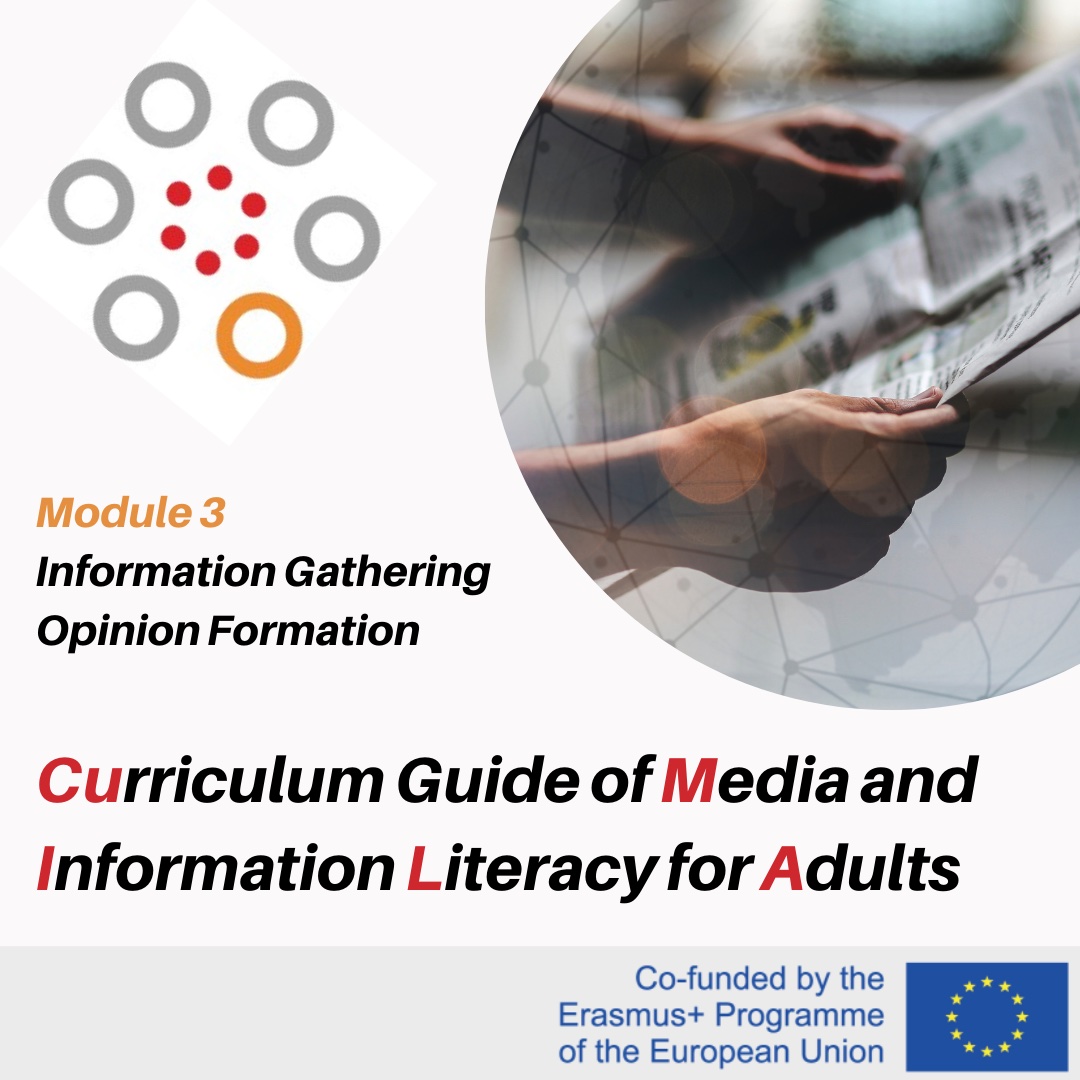The internet has become one of the most important sources of information for us.
Be it news on current world events, test and experience reports on specific products and services, opinions, recommendations and discussions or detailed background information on every conceivable topic: all this and much more is just a click away. Content is not only available at any time, but also at any place.
We no longer necessarily need to know everything; it is much more important for us to understand how to find the relevant information on the internet. Already in 2018, there were a total of over one billion websites worldwide.
The number of websites alone shows how important it is for us to know different ways of getting the information we want. We need to develop strategies on how to find suitable sources of information on the internet, how to check them for their truth and information content and how to judge them according to their value.
We have new technologies at our disposal for information transfer and networking. However, this also means that much more information reaches us than we can process. We try to keep an overview and are faced with the challenge of filtering content, separating the important from the unimportant. In the process, it becomes increasingly difficult to read and check all the information in detail.
Besides renowned news sources, internet services like Twitter and social networks like Facebook & Co. have established themselves as sources of information. The information comes to us automatically, we are no longer forced to actively research and look for it. We live under the fallacy that what is important will already reach us.
Social networks are now places where public opinion is formed. We like, comment and “share” in order to belong, to be part of the digital world – whereby reflection falls by the wayside. We overlook the fact that in the social networks mostly only opinions are spread and a discussion or even a constructive exchange of opinions only takes place to a limited extent.
Furthermore, we often forget that the information we are shown has already been selected for us. A search engine optimises our search results based on our previous search queries. Social networks filter the content individually for each user with the aim of displaying mainly messages that match our interests and opinions anyway in order to increase our interaction. And these kinds of intelligent, automated systems have long been used to send targeted messages and information to specific target groups. This can be individualised advertising or, in the worst case, the deliberate spreading of false information (“fake news”) – in order to thus establish a certain opinion in the long term. All this can lead to a conscious or unconscious manipulation of our perception.
We must be aware that our world view is strongly dependent on these external circumstances. Therefore, we have to be clear about the corresponding mechanisms, remain critical and look beyond our own horizons every now and then. In the following, we want to look at some methods and mechanisms that can sometimes influence our view of the world
In its third module, CUMILA is dedicated to information search and opinion making on the internet. How do we find the right information? How can we verify information? And what mechanisms are we exposed to when searching for information? How does information transport opinion and how is opinion made?
In order to introduce CUMILA to a wider audience, we present the project in detail in an online presentation. Get to know the individual components of CUMILA better and learn how you can use CUMILA yourself.
Find the dates now at https://cumila.eu/dates/
We would also be happy to present CUMILA to you in an individual presentation. Simply get in touch with us: info@cumila.eu


